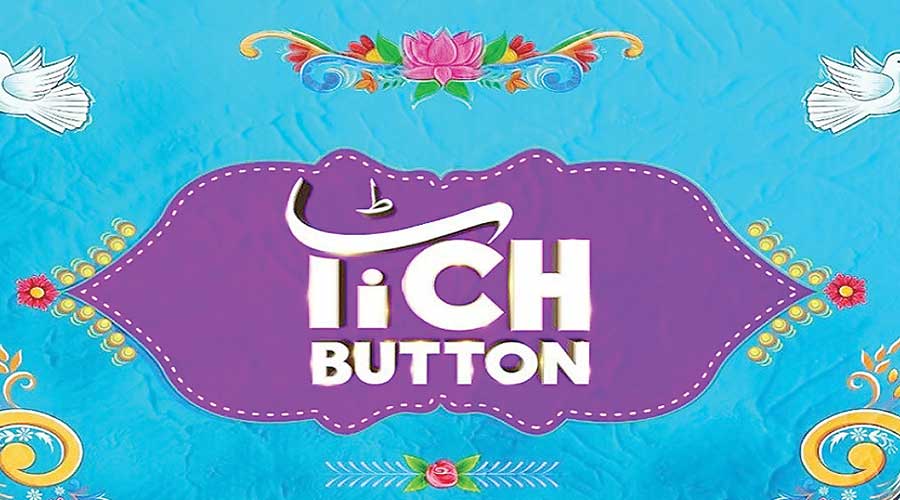The entertainment business – as it has traditionally worked — is currently in a tricky spot. As a result of the ongoing pandemic, theaters have closed doors, while film and television shoots have more or less stalled, affecting the industry’s entire supply chain. Absent an unexpected scientific breakthrough, things are unlikely to change much anytime soon, although there is talk about movie theaters adopting new, stringent operating procedures to deal with the still-emerging reality. To what extent these measures work, if they happen at all, and the kind of audience response cinemas can generate post-Covid19 still remains an open question though.
A new reality?
This reality is not lost on film industry personnel. In light of all the prevailing uncertainty, it is now more likely than at any point in the past that many films, including those produced in Pakistan, will end up on a digital/OTT platform such as Netflix. One of Hollywood’s leading studio honchos even went on record stating that more digital film releases from big studios such as his are inevitable. With the leading figures from the world’s largest film making setup opening up to digital/OTT platforms, the question remains, will others follow suit?
 Closer to home, local studios and filmmakers too are weighing the possibility of their productions premiering on digital platforms. This is somewhat unfortunate. 2020 was expected to be a watershed year for the local movie industry and exhibition sector, with major productions such as The Legend of Maula Jatt, Quaid-e-Azam Zindabad, and Tich Button carrying positive reports and investor expectations of a bumper response.
Closer to home, local studios and filmmakers too are weighing the possibility of their productions premiering on digital platforms. This is somewhat unfortunate. 2020 was expected to be a watershed year for the local movie industry and exhibition sector, with major productions such as The Legend of Maula Jatt, Quaid-e-Azam Zindabad, and Tich Button carrying positive reports and investor expectations of a bumper response.
Nabeel Qureshi is optimistic
With the theater business looking all the more uncertain to resume normal operations by Eid-ul-Fitr, Galaxy Lollywood spoke with some leading filmmakers whose projects are on the line. Director Nabeel Qureshi has a string of hits behind him and also has much riding on his upcoming action caper Quaid-e-Azam Zindabad currently slated for an Eid-ul-Azha release.
 Qureishi sounded bullish on the prospects of Pakistan’s exhibition circuit resuming operations. “Things will be fine soon insha’Allah, (Quaid-e-Azam Zindabad) is a big budget production so it has to have a theatrical release,” he says, adding that “the movie is made for the big screen experience.”
Qureishi sounded bullish on the prospects of Pakistan’s exhibition circuit resuming operations. “Things will be fine soon insha’Allah, (Quaid-e-Azam Zindabad) is a big budget production so it has to have a theatrical release,” he says, adding that “the movie is made for the big screen experience.”
The director also believes that the digital/OTT platform has not gained much traction in the country. “As far as going for a digital release is concerned, we don’t have any local OTT platform, plus Netflix has a limited amount of consumers in the country. Besides that, the math (of a digital release) doesn’t work out as well.”
About the film’s eventual release platform, he said: “Hopefully, there will be some new way … so let’s hope for the best.”
Irfan Malik: ‘Not giving up’
 ARY Films’ Irfan Malik too echoed similar sentiments. The studio has Farhan Saeed-Feroze Khan starrer Tich Button lined up for an Eid-ul-Fitr rollout, with its promotions generating a positive buzz. “As yet we have not given up hope on a theatrical release. We are working with exhibitors to chalk out a post-Covid plan. Let’s see what happens. It’s too early to explore alternatives,” is what Malik has to say about exploring a digital release.
ARY Films’ Irfan Malik too echoed similar sentiments. The studio has Farhan Saeed-Feroze Khan starrer Tich Button lined up for an Eid-ul-Fitr rollout, with its promotions generating a positive buzz. “As yet we have not given up hope on a theatrical release. We are working with exhibitors to chalk out a post-Covid plan. Let’s see what happens. It’s too early to explore alternatives,” is what Malik has to say about exploring a digital release.
In addition to these two films, release plans of major projects such as The Legend Of Maula Jatt too are likely to be disrupted in light of the prevailing uncertainty. Previously, the grapevine has been abuzz with rumors about the Fawad Khan-Mahira Khan revenge-saga heading for Netflix, something which its makers had denied. Recently, the rumors have again resurfaced and it remains to be seen what course of action producer Amara Hikmat pursues.
Final word
While it’s still early days to make a final call on the kind of release strategy the affected filmmakers would take, what is likely is following the end of the pandemic, a new release strategy just might emerge that takes into account the emerging dynamics of public exhibition infrastructure. Will the local film and television industry be finally prodded to join forces to launch an exclusive Pakistani digital platform, or will filmmakers settle for other alternatives? Time will surely tell.




